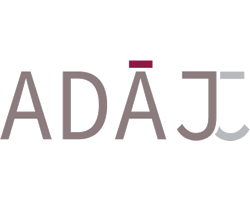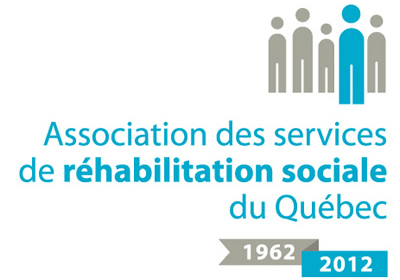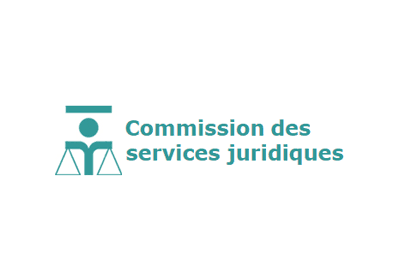
The project concerns the access to justice in detention in the context of conditional releases for the citizens sentenced from 6 moths to 2 years. On one hand, these prisoners (in a provincial prison), can make a request for a temporary absence in preparation for conditional release (PSPLC) after serving one-sixth of their sentence. On the other hand, they are automatically convened for a parole hearing after serving the third of their sentence, unless having given up it in writing.
According to articles 136 and 155 of the Act respecting the Québec correctional system, on examining the case of a person eligible for temporary absence in preparation for conditional release or eligible for conditional release, the parole board consider some criteria, in particular his and her previous employment and work skills, his or her family and social resources available and the appropriateness of the reintegration plan. The decision of early parole, taken by the Commission Québécoise des liberations conditionnelles (CQLC) thus depends on numerous factors in particular the profile of the offender at the time of his condemnation, his or her rehabilitation progress since the sentence was imposed, his or her willingness to become involved in a process change.
Yet, since a few years, la Protectrice du citoyen (Ombudsperson) is worried by diverse questions which affect directly the access to the justice in the context of conditional releases. Indeed, already in her report of 2008, she regrets the "chronic adjournments" of hearings, which constitutes the third of decisions of the CQLC. In parallel, since 2010, she worries by the strong rates of renunciations of the conditional release which doubled in six years passing from 35% in 2007 to 51% in 2011. Finally, in the report of 2014, it is not only recommended explicitly that the concerned authorities document the reasons for renunciations and set up mechanisms allowing to decrease the number of renunciation, but still underlines that about 60% of the clientele sentenced to six months and more was not examined after serving one sixth of the sentence. This delay can affect the access to justice because it prevents form reaching a PSPLC.
Researchers
Chloé Leclerc
Researcher
Marianne Quirouette
Researcher
Marion Vacheret
Researcher
Joao Velloso
Researcher
Valérie Beaucaire
Student researcher
Myriam Charette
Student researcher
Marion Delabruyère
Student researcher








